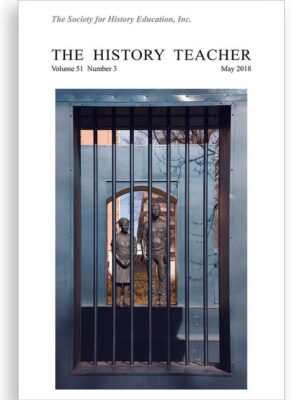Collaborative Argumentation: Tenth Graders Read Modern Iranian History
Articles & Chapters
Disciplinary literacy encompasses not only the ability to read the texts of a discipline, but also to engage in the practices and discourse of that discipline. At the center of the discipline of history is inquiry. Historians practice their craft within a community of inquiry, to which they bring the dispositions, habits of mind, stances, frameworks, and thinking and reasoning processes that allow them to tackle this work. Vital to their craft is reading—reading primary sources as well as the work of other historians in the form of academic articles, monographs, and other secondary and tertiary texts.
Historians handle an astounding array of text types, including letters, speeches, government documents, political cartoons, maps, and charts; as well as the literature, science, art, and philosophy of an era; and artifacts, like mummies, tools, and counts of pollens in soils. It is from these varied, uneven, and incomplete remnants of the past that historians select evidence, apply reason, and construct interpretations. It is through this evidentiary record that historians attempt to understand the complexity and significance of human experience.
Read this article to see teachers learning and enacting new ways to get their students reading and arguing with a range of text types. Teachers help students from a diverse backgrounds build common knowledge through shared reading, and then they guide students to engage in a wide range of strategies— role play, debate, document analysis — to help students build historical thinking, knowledge and agency.
See one of the authors, Gayle Cribb, teaching here

